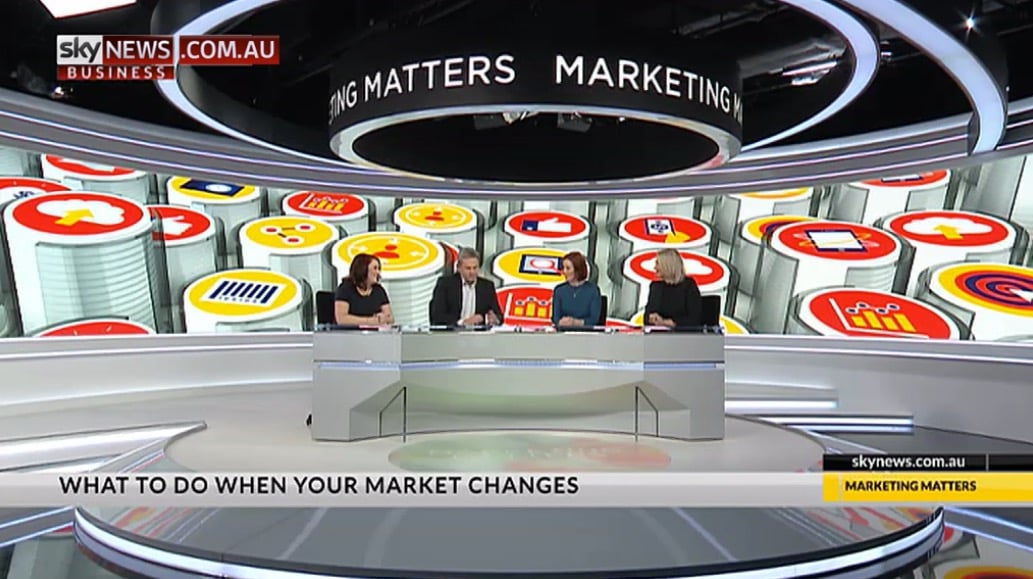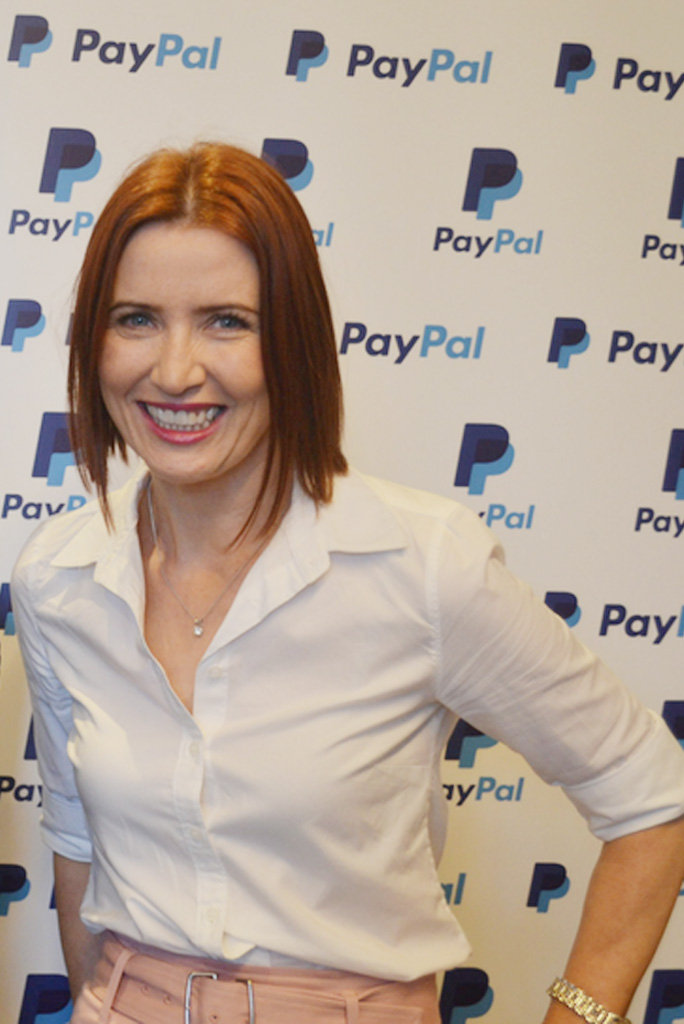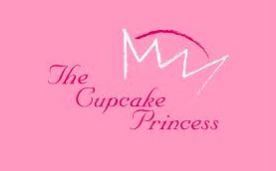Episode 15My Market Has Changed. Now What?
Whether you’re a small local business, or an international enterprise, every business experiences a change in their market, and needs to adapt. Changes can be small, or they can completely shift the way your business runs; but it’s how you react to this change that makes all the difference to the success of your business. On this episode, Peter and the expert panel discuss how to take advantage of changes in the market and what to do when your market changes to benefit your business.

Case study
Elaine Herlihy, Marketing Director, PayPal
PayPal moved from America to Australia in 2005, meaning its market dramatically changed but that hasn’t stopped PayPal’s obvious success. Marketing Director Elaine Herlihy discusses with host Peter Applebaum, how PayPal manoeuvred their way through changes in the market and used them to their advantage. Elaine offers the best tips and tricks for success in a volatile market.

Case Study Key Takeouts
- Change is inevitable in every market. Understanding why the market is changing will help you to take the correct course of action. For example, it could be consumer preference, competition or technology causing those changes. If you know what it is, you have a better chance of addressing it.
- To grow, you should also focus on deepening your relationship with existing customers instead of dedicating all of your focus to finding new customers.
- Do not become completely obsessed with your competitors. It is much better to obsess over your customers first and foremost.
Marketing Panel
Elaine Herlihy
Marketing Director
PayPal
Aisha Hillary-Morgan
Founder
Digital and Agile Consultant/Hills West
Danelle Hunter
Managing Director
Biggins and Scott Knox
Panel Key Takeouts
- There are just as many opportunities as there are challenges when a market changes. It is important to educate and train your staff on all levels, so they are equipped to handle these changes.
- Understand what your customers want and need and explore new opportunities in the market to collaborate and pull resources to become more efficient and effective in your delivery.
- Face to face or online surveys could be an effective way to gauge what your customers want, what concerns they have and how you could solve these for them.
Caller Key Takeouts
“How do I keep up with the changing market trends and how do I know which ones are the most applicable to my business?” –Carissa Lake
- Try different things. Social media such as Facebook and Instagram can really help to keep track of trends and stay connected.
- Customers are a valuable resource. Engage with them where they are engaging. Keep ahead of the trends but remember that they are only relevant if they apply to your customers and your business.
Carissa Lake
Owner
The Cupcake Princess
“How can a smaller company win business contracts against larger competitors without eating into their profit margin?” – Lisa De Leon
- Find ways in which you can use technology to tie in to what you are doing and can help you and your customers. Many times, it can make things easier for you both.
- Many customers will appreciate a personalised service which you can market to generate business.
- You can still use traditional methods to carry out your techniques, however, you can use digital technologies and social media to tell your story and connect to more people.
Wayne Black
Managing Director
Wayne Black Architects
Marketing Tech Key Takeouts
How marketing technology can help you retain customers
- Keep detailed records of every customer meeting, call or email. It is a powerful tool to be able to look back and have this information available to you. You can do this through a software or online program. The most common term for this is CRM (customer relationship management)
The questions to ask in order to choose the right CRM for your business include:
- Is it built for the size of my business?
- How easy is it to use?
- Can I trial it?
- Does it have the features I need now and as my business grows?
- What is the total purchase cost including set-up fees and training?
- Will it lead to increased sales and thus add to my bottom line?
Five ways your business could benefit by using a CRM are:
- Never forget. Using a CRM will always be better than relying on your memory.
- Plan ahead. CRM enables you to schedule calls, emails and meetings well in advance.
- More targeted marketing. Communications better targeted to your customers needs, will always generate better results.
- Automate. CRM programs can automate manual tasks which will help to deliver better customer service.
- Targeted selling. You can create a list of targeted prospects with zero wastage of time, effort and money.
The questions to ask in order to choose the right CRM for your business include:
- Is it built for the size of my business?
- How easy is it to use?
- Can I trial it?
- Does it have the features I need now and as my business grows?
- What is the total purchase cost including set-up fees and training?
- Will it lead to increased sales and thus add to my bottom line?
Five ways your business could benefit by using a CRM are:
- Never forget. Using a CRM will always be better than relying on your memory.
- Plan ahead. CRM enables you to schedule calls, emails and meetings well in advance.
- More targeted marketing. Communications better targeted to your customers needs, will always generate better results.
- Automate. CRM programs can automate manual tasks which will help to deliver better customer service.
- Targeted selling. You can create a list of targeted prospects with zero wastage of time, effort and money.





